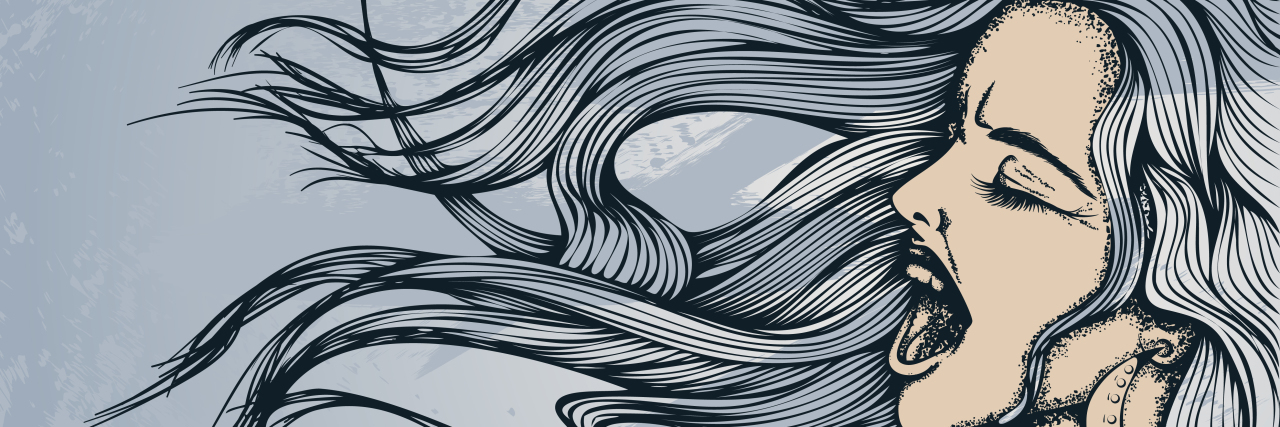Many people struggle with anxiety. It is one of the most common mental health issues we manage. In fact, 40 million adults have an anxiety condition in the United State. That works out to 18.1% of the population. If anxiety is so common, why is it often misunderstood?
Anxiety can feel severe. People with it aren’t exaggerating. When a person has a panic attack, they often feel as if they are going to die. Panic attacks manifest differently for each person. Some people experience shortness of breath, heart palpitations, chills, numbness and tingling in the body or dizziness. These are real physical symptoms, yet to some outside observers, an anxious person appears to be making it up. People comment things such as, “Stop being so dramatic,” or “Here he goes again.” These remarks aren’t helpful. Instead of invalidating their feelings, try being empathetic. Anxiety is painful and can be debilitating.
Before taking a final exam, some people get nervous, which is a natural feeling, as the stakes are high. The final test in a course will determine your grade. “Nervous” is a real feeling but is not the same as having anxiety. Anxiety is heavy, all-encompassing and can make a person think they are “doomed.” When you have a panic attack, there’s often something in your brain tricking you into believing there’s imminent danger. It’s like a bear is chasing you, but there is no bear. That’s anxiety for you — a big imaginary, scary animal who wants to terrify you into submission. Does it make you nervous? That’s an understatement.
A common misconception about anxiety is that people can always identify why they’re anxious. In reality, sometimes the individual doesn’t know what that is. There’s such a thing as “free-floating anxiety” where there doesn’t appear to be a source of the feeling. When you don’t know what’s making you anxious, this has the potential to make you feel even more anxiety. This sensation is called “meta-anxiety,” which means feeling anxious about having anxiety. It’s more common than you might think. Here’s the problem: people who don’t have anxiety might not understand how you can be anxious but not know why. They don’t have to get it, but they can be supportive of the person who is coping with these feelings.
You may be thinking, “How can I help an anxious friend?” Ask them what they need. They might now know, but the act of asking is showing your support. You’re showing empathy toward your friend who is hurting. Anxiety can be painful, and the person who is coping with it may appreciate your care and concern for their wellbeing. You can’t fix their anxiety or panic attacks, but you can be supportive. You can remind them that panic attacks do pass. To the person experiencing anxiety, it can feel like it’s never-ending. However, most panic attacks last around 20 minutes. That doesn’t make anxiety any easier to manage, but it is a positive thing to remember that it will pass and you (as a support person) can be the one to the point that out.
Anxiety can be severe and affect a person’s life, but it’s manageable with the right therapy and possibly medication. If you’re living with this condition, talk to a mental health professional who can guide you through the process of learning to manage your mental health issues. It’s possible to cope with anxiety or panic and live a fulfilling life.
Getty image by enona.


